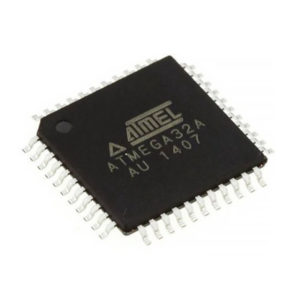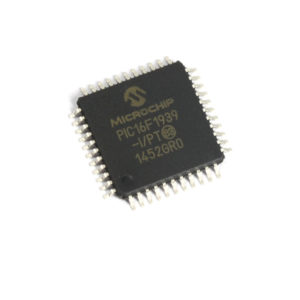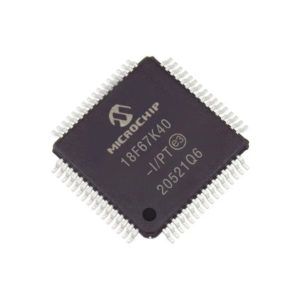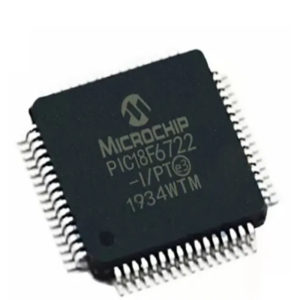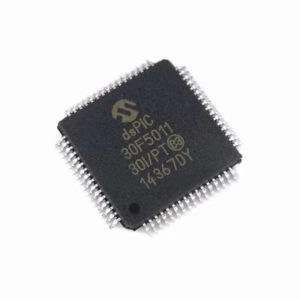EP3C40F484I7
| Manufacturer | Altera |
| Description | IC FPGA 331 I/O 484FBGA |
| Category | Integrated Circuit |
| Package | BGA-484 |
| Status | New & original |
| Ship From | HK/SHENZHEN |
| Stocks | 10,000 |
Please submit your BOM List or Input the part online
Description
The EP3C40F484I7 is a specific model of FPGA (Field-Programmable Gate Array) from the Cyclone III family, manufactured by Intel (formerly Altera). This FPGA offers 40,000 logic elements and 484 user I/O pins, along with other features such as embedded memory, PLLs, and high-speed transceivers.
FPGAs like the EP3C40F484I7 are highly flexible and programmable integrated circuits that can be used in a wide range of applications. Some of the common applications where this FPGA model can be utilized include:
1. Digital Signal Processing (DSP): FPGAs are commonly used in DSP applications for tasks such as audio and video processing, image recognition, and real-time data analysis. The high parallelism and processing capabilities of FPGAs make them suitable for demanding DSP algorithms.
2. High-Performance Computing: FPGAs find application in high-performance computing systems for tasks such as acceleration of computationally intensive algorithms, data encryption/decryption, and parallel processing. They can offload specific computations from the main processor, leading to improved performance.
3. Communications and Networking: FPGAs are used in communications and networking equipment for tasks such as protocol implementation, packet processing, and high-speed data transmission. FPGAs can be customized to support various communication standards and provide low-latency and high-bandwidth solutions.
4. Industrial Automation: FPGAs find application in industrial automation systems for tasks such as control logic implementation, motor control, and real-time sensor data processing. They offer the ability to handle complex control algorithms, interface with different sensors and actuators, and provide precise control and monitoring.
5. Medical Imaging: FPGAs are utilized in medical imaging systems such as ultrasound machines, MRI scanners, and CT scanners. They enable real-time processing of large amounts of image data, implementation of advanced image reconstruction algorithms, and integration with other components of the imaging system.
6. Automotive Electronics: FPGAs find application in automotive electronics for tasks such as advanced driver-assistance systems (ADAS), infotainment systems, and engine control units. They offer the necessary computational power and flexibility to implement complex algorithms and support the increasing demands of automotive applications.




















































